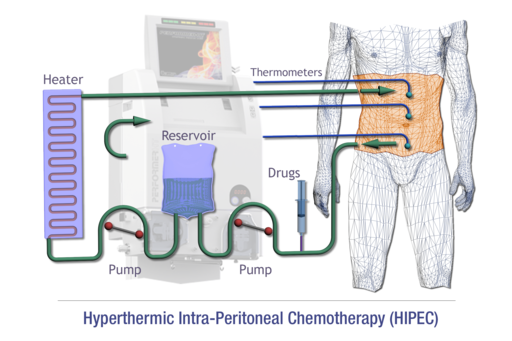So You Have Mesothelioma… What Can You Do About It?
So You Have Mesothelioma… What Can You Do About It? Is mesothelioma always fatal? How much time do you have left? Is there anything you can do? You are right to be asking these kinds of questions. And unfortunately there is no known cure. BUT… If I’ve learned anything from surviving mesothelioma for more than 25 years, it’s this… …Mesothelioma does NOT have to be a death sentence. Over the last few years I’ve seen more and more people surviving mesothelioma every single day. And no… it’s not because of some special new drug hidden away in the far corners of Eastern Europe… …What I’m about to share with you is the entire system behind my survival. You’ll discover… You’ll get all…





